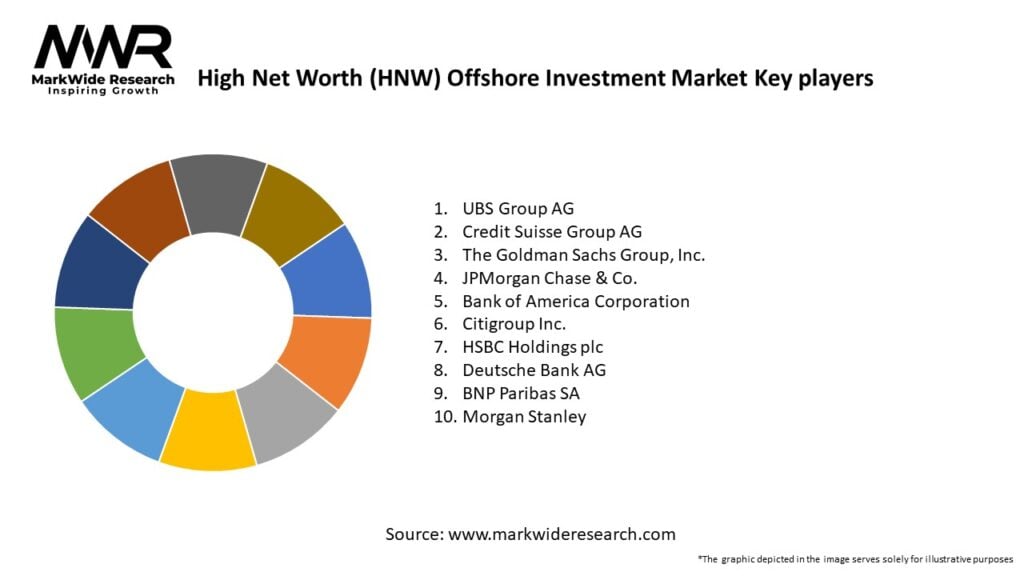The Benefits and drawbacks of Offshore Investment for Long-Term Financial Safety
The Benefits and drawbacks of Offshore Investment for Long-Term Financial Safety
Blog Article
Everything About Offshore Financial Investment: Insights Into Its Benefits and Considerations
Offshore investment has become an increasingly appropriate topic for individuals seeking to expand their portfolios and improve monetary protection. While the potential benefits-- such as tax obligation optimization and property protection-- are engaging, they include a complicated landscape of risks and regulatory challenges that need cautious consideration. Comprehending both the benefits and the mistakes is crucial for anybody pondering this investment strategy. As we explore the subtleties of overseas investment, it ends up being apparent that educated decision-making is crucial for optimizing its possible benefits while alleviating integral dangers. What factors should one prioritize in this intricate atmosphere?
Comprehending Offshore Investment
In the realm of international finance, comprehending offshore investment is crucial for people and entities seeking to optimize their economic portfolios. Offshore financial investment refers to the positioning of properties in financial organizations outside one's country of home. This technique is often utilized to accomplish different monetary goals, including diversification, property defense, and prospective tax benefits.
Offshore investments can include a wide selection of monetary instruments, including supplies, bonds, shared funds, and property. Financiers may pick to establish accounts in jurisdictions known for their positive governing settings, privacy legislations, and economic security.
It is important to recognize that offshore financial investment is not inherently identified with tax evasion or illicit tasks; rather, it serves legitimate objectives for many investors. The motivations for participating in offshore financial investment can vary extensively-- from looking for higher returns in established markets to securing properties from political or economic instability in one's home country.

Nevertheless, potential financiers have to additionally recognize the intricacies included, such as conformity with global laws, the requirement of due persistance, and recognizing the lawful effects of offshore accounts. In general, a comprehensive understanding of offshore investment is important for making informed financial decisions.
Secret Benefits of Offshore Financial Investment
Offshore investment provides numerous vital advantages that can improve a capitalist's economic technique. This can substantially raise total returns on investments.
Furthermore, overseas investments often supply access to a more comprehensive variety of investment possibilities. Financiers can expand their profiles with possessions that may not be easily offered in their home countries, including international supplies, realty, and specialized funds. This diversification can minimize risk and improve returns.

In addition, overseas investments can promote estate planning. They allow capitalists to structure their properties in a manner that minimizes estate taxes and makes certain a smoother transfer of wide range to beneficiaries.
Typical Dangers and Challenges
Purchasing overseas markets can offer numerous risks and difficulties that call for careful factor to consider. One considerable threat is market volatility, as offshore investments may undergo changes that can impact returns substantially. Investors have to additionally know geopolitical instability, which can disrupt markets and impact financial investment performance.
Another challenge is money danger. Offshore investments often involve deals in international currencies, and unfavorable exchange rate activities can deteriorate profits or increase losses. Offshore Investment. In addition, minimal accessibility to trustworthy details about overseas markets can prevent enlightened decision-making, bring about possible errors
Absence of regulative oversight in some overseas jurisdictions can also position threats. Investors might find themselves in settings where financier defense is marginal, increasing the danger of scams or mismanagement. Varying monetary practices and social perspectives towards investment can complicate the investment procedure.
Regulative and lawful Factors to consider
While navigating the complexities of offshore investments, recognizing the regulative and legal landscape is vital for protecting assets and ensuring conformity. Offshore investments are often based on a plethora of laws and regulations, both in the financier's home nation and the territory click site where the investment is made. For that reason, it is important to conduct extensive due diligence to comprehend the tax obligation implications, reporting demands, and any type of lawful responsibilities that might develop.
Regulatory structures can vary substantially in between jurisdictions, affecting everything from taxation to funding requirements for international investors. Some countries may supply beneficial tax regimens, while others impose strict policies that might discourage financial investment. Additionally, international contracts, such as FATCA (Foreign Account Tax Obligation Compliance Act), may obligate financiers to report overseas holdings, increasing the demand for transparency.
Financiers should also recognize anti-money laundering (AML) and know-your-customer (KYC) guidelines, important source which need economic establishments to verify the identity of their clients. Non-compliance can cause serious penalties, including fines and limitations on investment activities. Engaging with lawful professionals specializing in international investment law is critical to navigate this intricate landscape efficiently.
Making Educated Decisions
A strategic technique is important for making notified decisions in the world of overseas financial investments. Understanding the complexities involved needs complete research and analysis of various factors, consisting of market fads, tax implications, and legal frameworks. Financiers need to analyze their threat resistance and financial investment goals, ensuring alignment with the distinct qualities of overseas opportunities.
Scrutinizing the governing environment in the picked jurisdiction is important, as it can considerably influence the safety and earnings of financial investments. Additionally, staying abreast of economic conditions and geopolitical developments can offer useful understandings that inform financial investment strategies.
Engaging with specialists that concentrate on overseas financial investments can additionally boost decision-making. Offshore Investment. Their know-how can direct capitalists with the complexities of international markets, assisting to recognize rewarding possibilities and possible pitfalls
Inevitably, educated decision-making in offshore financial investments pivots on a well-rounded understanding of the landscape, a clear articulation of specific goals, and a commitment to recurring education and adaptation in a vibrant global setting.
Final Thought
In final thought, overseas financial investment presents considerable benefits such as tax obligation optimization, property protection, see this here and access to worldwide markets. By attending to these factors to consider, investors can efficiently harness the advantages of overseas financial investments while minimizing potential drawbacks, ultimately leading to notified and calculated monetary choices.
Offshore financial investment supplies numerous key advantages that can enhance a financier's monetary method.In addition, overseas financial investments usually provide access to a broader range of financial investment possibilities. Differing economic techniques and cultural perspectives towards investment can complicate the investment procedure.

Report this page